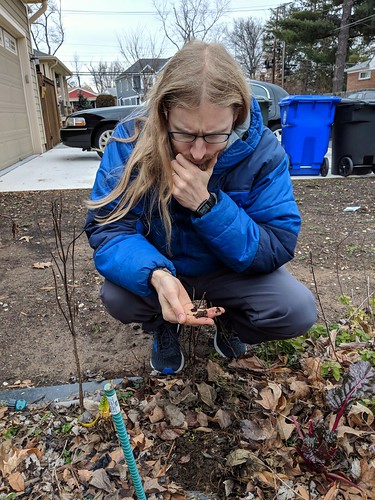
The lead author did a phenomenal job getting the text to be clear and succinct, and the opening two lines actually sum it up very well:
"Soil-based initiatives to mitigate climate change and restore soil fertility both rely on rebuilding soil organic carbon. Controversy about the role soils might play in climate change mitigation is, consequently, undermining actions to restore soils for improved agricultural and environmental outcomes."
In other words: scientists disagree about how effective soil carbon is as a climate change mitigation strategy. We disagree a lot - more than you'd expect. Everything from "this is our best bet to start scaling up now" to "building soil carbon will not result in any net climate mitigation." So we argue about it a lot.
But that debate hides the fact that we generally strongly agree that rebuilding soil carbon is good for farmers and ranchers. Most agricultural soils have lost carbon over time. Regaining it can mean less erosion, better water retention, and better crop resilience to stress. With good management it can even mean less fertilizer use and cleaner water. How much carbon is ideal in different landscapes, and how to best increase it, varies. But it's worth remembering how strong the consensus is on the value of building soil carbon from an agricultural perspective.
Read the paper here: Soil carbon science for policy and practice
There's also a press release here: Building A ‘Solution Space’ for Soil
No comments:
Post a Comment
Questions, comments, suggestions, and complaints welcome.